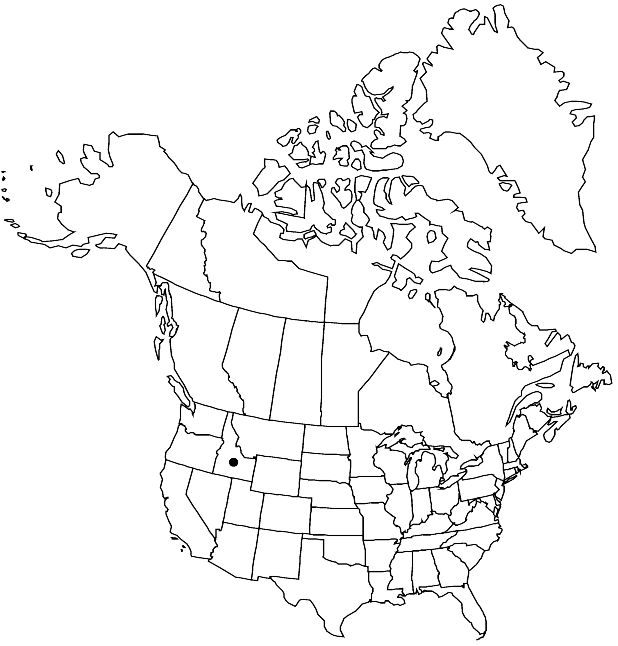Difference between revisions of "Thelypodium repandum"
Contr. Dudley Herb. 3: 371. 1946.
FNA>Volume Importer |
FNA>Volume Importer |
||
| Line 47: | Line 47: | ||
|publication year=1946 | |publication year=1946 | ||
|special status= | |special status= | ||
| − | |source xml=https://jpend@bitbucket.org/aafc-mbb/fna-data-curation.git/src/ | + | |source xml=https://jpend@bitbucket.org/aafc-mbb/fna-data-curation.git/src/f6b125a955440c0872999024f038d74684f65921/coarse_grained_fna_xml/V7/V7_1288.xml |
|tribe=Brassicaceae tribe Thelypodieae | |tribe=Brassicaceae tribe Thelypodieae | ||
|genus=Thelypodium | |genus=Thelypodium | ||
Revision as of 20:21, 24 September 2019
Biennials or perennials; (short-lived); distinctly glaucous throughout, glabrous. Stems usually branched distally, 1–4.4(–6) dm. Basal leaves (and proximal cauline): petiole 1–4(–6) cm; blade (fleshy), usually ovate or obovate, rarely orbicular or spatulate, (2.2–)4–10.5(–14) cm × (10–)15–43(–55) mm, margins usually lyrate, sinuate and repand, or dentate, rarely entire. Cauline leaves shortly petiolate; blade lanceolate or elliptic, much smaller than basal, margins entire or repand. Racemes somewhat lax, slightly elongated in fruit. Fruiting pedicels divaricate to divaricate-ascending, straight or incurved, slender, 4–12(–15) mm, slightly flattened at base. Flowers: sepals spreading to reflexed, oblong, (2.5–)3–4 × (0.8–)1–1.5(–1.8) mm; petals purple or lavender, usually oblanceolate, rarely spatulate, (2.5–)3–4.5 × 0.5–1 mm, margins not crisped, claw differentiated from blade; nectar glands confluent; filaments subequal, 2.5–3.8 mm; anthers oblong, 1–1.8 mm; gynophore 0.5–0.8(–1) mm. Fruits usually erect to ascending, rarely divaricate, torulose, straight or, sometimes, incurved, flattened, (2–)4–7.4 cm × 1–1.5(–1.8) mm, (replum not constricted between seeds); ovules 32–44 per ovary; style subclavate, 0.5–1.2(–1.5) mm. Seeds (0.7–)1–1.5 × 0.5–0.8 mm.
Phenology: Flowering Jun.
Habitat: Decomposing shale banks
Elevation: ca. 1700 m
Discussion
Thelypodium repandum is known from the shale banks of the Salmon River and its tributaries in Custer County.
Selected References
None.
